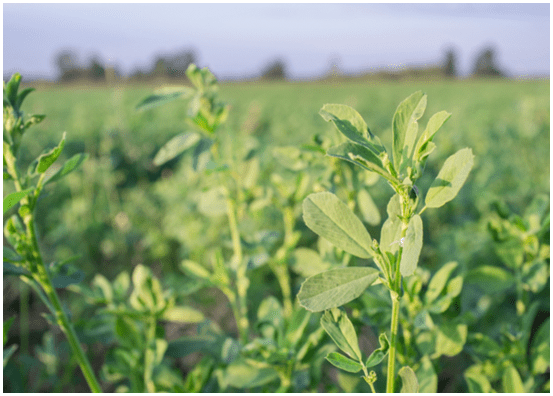Updated: December 10, 2024
Evaluation of the performance of a soy protein seed lubricant in corn and soybeans (FS-1127)
Authors:
Dr. Nicole Fiorellino
With the arrival of a new seed lubricant product, DUST, the University of Maryland evaluated its performance against two common seed lubricants in both corn and soybeans in 2019. DUST is a soy protein lubricant that is a cleaner alternative to commonly available seed lubricants, such as graphite which can create a mess for users of the product. It is also reported to contribute to early plant vigor. Author: Dr. Nicole Fiorellino; Title: Evaluation of the performance of a soy protein seed lubricant in corn and soybeans (FS-1127)





